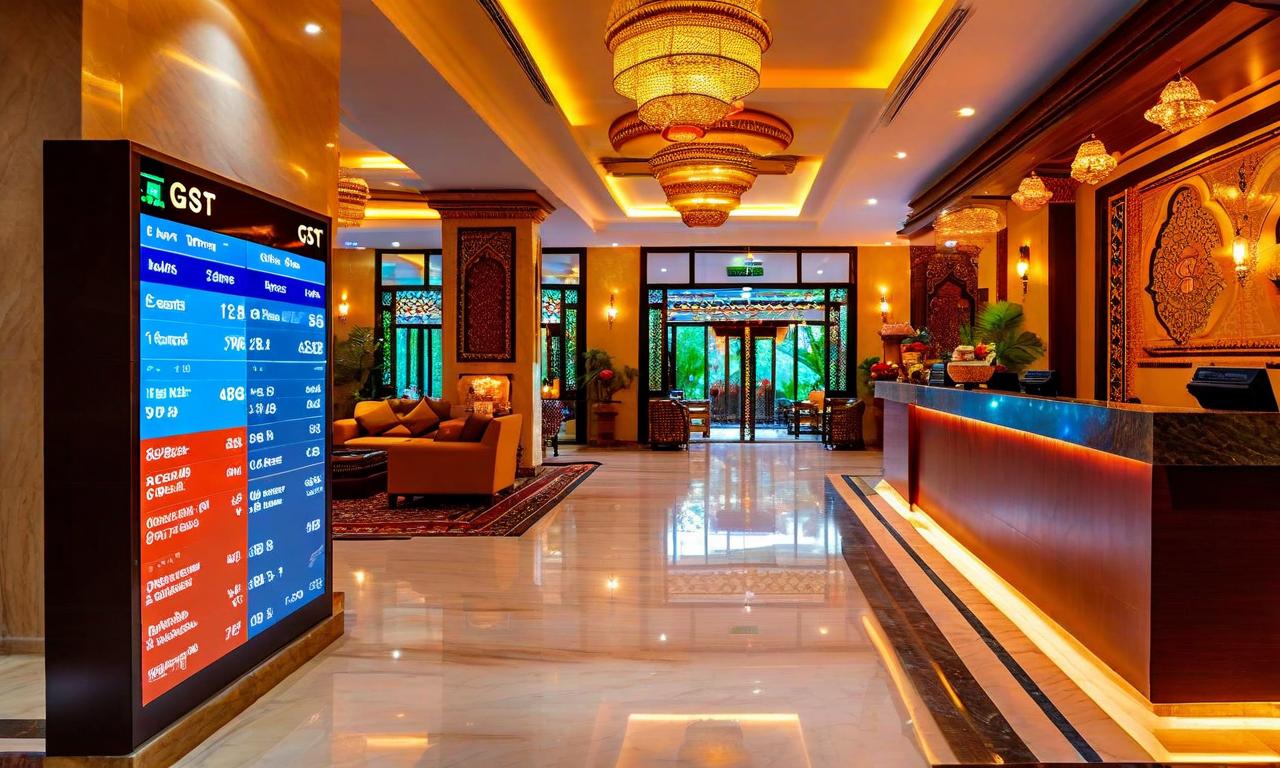Ibis India Anticipates Hospitality Sector Boost from GST Amendments
Ibis and Ibis Styles India are positive about potential growth from GST amendments discussions. The hotel chain reports domestic leisure travel exceeding pre-pandemic levels, steady business travel recovery, and corporate bookings returning to normal. Ibis India has achieved Green Key certification for most properties and is exploring new revenue streams. The company continues to assess expansion opportunities in underserved Indian markets while focusing on cost efficiency.

*this image is generated using AI for illustrative purposes only.
Ibis and Ibis Styles India, prominent players in the hospitality sector, are optimistic about the potential growth stemming from recent discussions on GST amendments. The hotel chain believes these changes could significantly impact the industry, which has long advocated for GST reforms.
Industry Expectations
Tejus Jose, Director of Operations at Ibis India, expressed enthusiasm about the proposed GST amendments. The company anticipates that if the benefits of these reforms are passed on to customers, it could lead to an increase in travel, thereby boosting the hospitality sector.
Travel Trends
Ibis India reports encouraging trends in the travel industry:
- Domestic leisure travel has surpassed pre-pandemic levels
- Business travel is showing steady recovery
- Corporate bookings have returned to pre-pandemic levels
Sustainability and Expansion
The hotel chain has made significant strides in sustainability:
- Nearly all Ibis properties in India have achieved Green Key certification
- The company is exploring new revenue streams, including weddings and social events for up to 300 guests
Ibis India continues to assess expansion opportunities in underserved Indian markets while focusing on cost efficiency and margin improvement.
Industry Outlook
The hospitality sector in India appears to be on a path of recovery and growth. With the potential GST amendments and the return of both leisure and business travel, companies like Ibis are poised to capitalize on these positive trends. The industry's focus on sustainability and diversification of offerings suggests a strategic approach to long-term growth and resilience in the post-pandemic era.

































